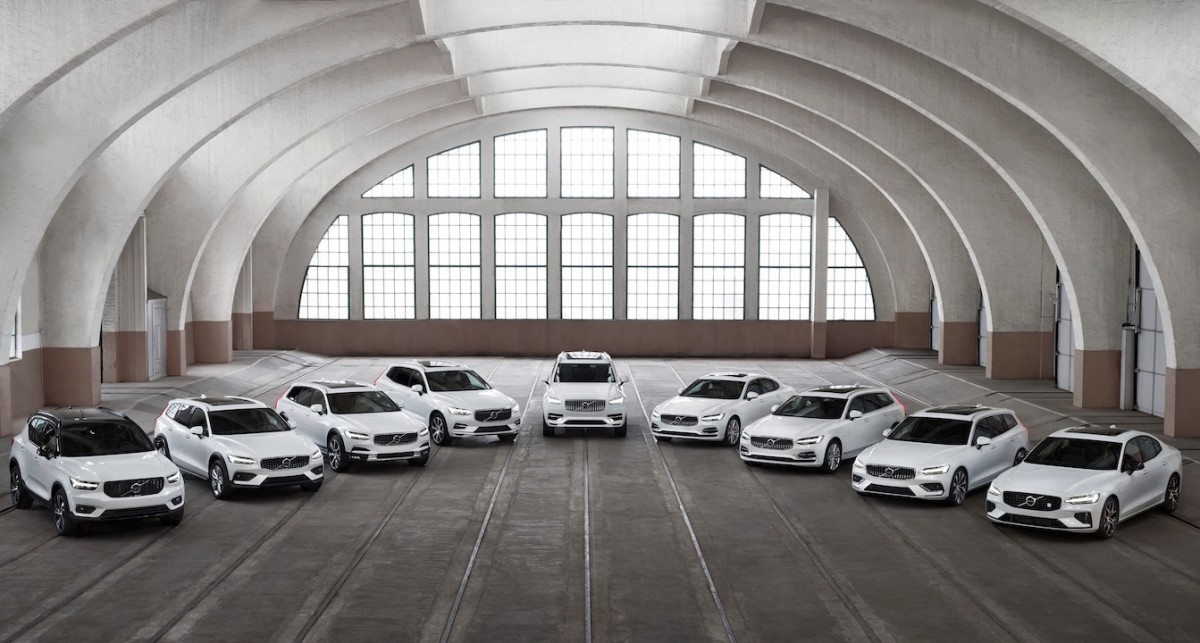

London-based global public opinion and survey company YouGov has released its data collected online among about 1005 respondents in India. The internet-based data analytics and market research company collected the data between April 27th and April 30th 2021. Out of the total 1005 respondents contacted during the time, 295 answered the changes in their planned car purchase.
The survey suggests 29% of Indians that took part in the research, residing in the urban areas, stated they were planning to buy a car when the vaccination drive started. When the second wave of CoronaVirus disease hit the country, data reveals only 22% of them are likely to go ahead with the plan.
But 13% have entirely given up their goals. 10% of the lot have also chosen to switch to a two-wheeler now. Also, 27% have changed their budget, with 19% planning to change the car type. Also, 19% of respondents are willing to switch to the used car market instead of buying a new car.
Consumers who had initially planned to purchase a car in up to three months consisted of 37%. Now, only 19% believe they are planning to buy a car in the next three months. In 4-6 months, plans, initially 30% of consumers were willing to purchase an automobile, but this has increased to 36%. Similarly, in the 7-12 month group, initially, 33% of consumers planned to purchase an automobile. Since the second outbreak, this number has increased to 38%. Also, observations reveal a change in preference towards the car type.
According to the research, the COVID-19 pandemic has brought changes in Indian consumers’ car-buying plans. Reports suggest that the pandemic has affected customers’ finances. Furthermore, due to the volatility of the situation, consumers are either saving funds earlier allocated for buying an automobile for a rainy day or diverting them to more immediate needs.
This leads us to believe that the customers are now willing to wait for the situation to improve. Automobile manufacturers will therefore need to address the problem by offering innovative and cost-effective options to the customers. Manufacturers will also need to understand the demand dynamics and plan their production and inventory, not to burden the dealers.
Also Read:
Source: YouGov Research Data